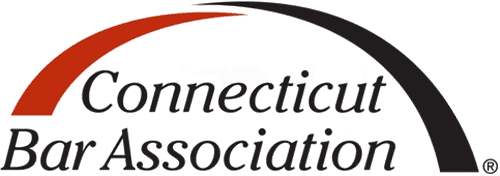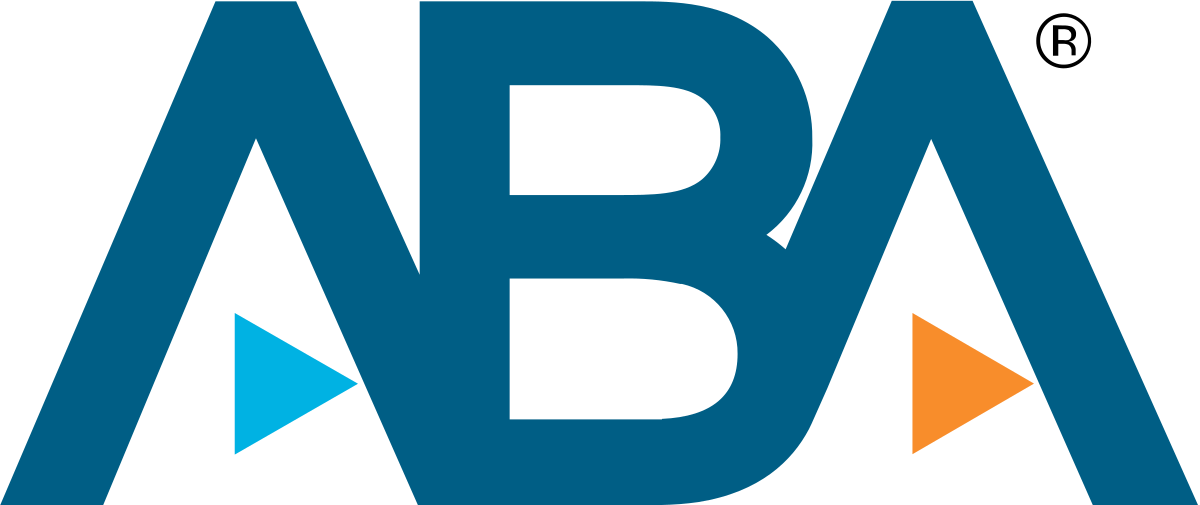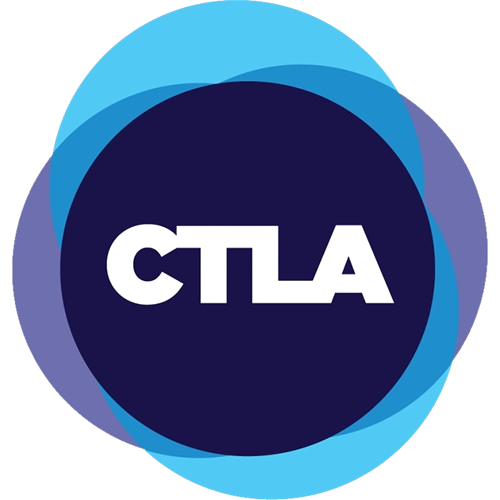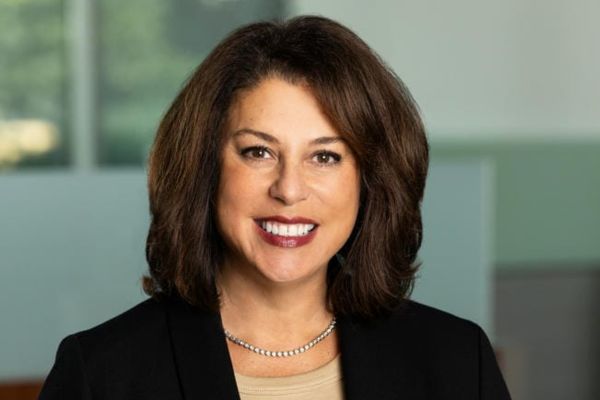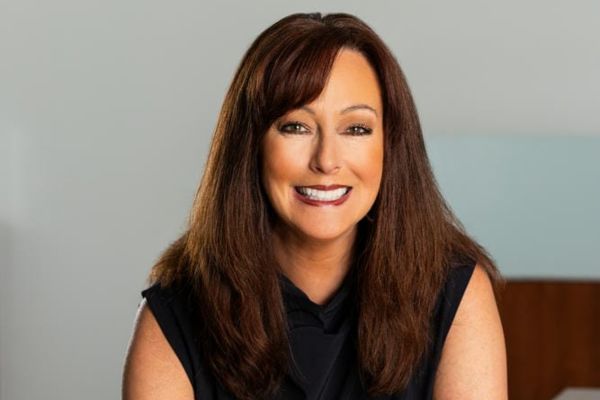Issues In Probate

Capacity and Dementia Issues
For an adult to lack capacity means that they are unable to make specific decisions or understand the consequences of their decisions due to a physical or mental condition. Capacity is typically assessed in relation to a specific decision at a specific time. Capacity assessments are often conducted by medical professionals or through legal proceedings to determine whether an individual can make decisions independently or if they require assistance in managing their affairs.

Factors that may affect capacity include:
- cognitive impairments (such as dementia or intellectual disabilities)
- mental health conditions
- brain injuries
- intoxication
- other conditions that impair judgment or understanding
Conservatorship in Connecticut

Conservatorship is a legal arrangement where a court appoints a responsible person or organization (the conservator) to manage the financial affairs, daily living needs, and personal care decisions of an adult who is unable to make these decisions independently due to physical or mental limitations. This arrangement is typically put in place when an individual is deemed incapacitated or unable to manage their own affairs effectively.

The conservator’s role includes handling the protected person’s finances, paying bills, managing investments, and ensuring the protected person’s daily needs are met. Conservatorships are established to protect vulnerable adults and ensure their well-being and to prevent undue influence and financial exploitation. These types of issues are handled under the supervision of the probate court which mandates annual reporting by the Conservator.

Guardianship
In Connecticut, guardianship refers to a legal process where a court appoints an individual (the guardian) to make personal and/or financial decisions for someone else (the ward) who is unable to make such decisions independently. This process is typically used for individuals who are minors, incapacitated adults, or developmentally disabled persons.

There are two types. Guardian of the Estate (to manage finances including receipt of income, safeguarding assets, and paying expenses. Guardian of the Person is responsible for making medical, housing, and educational decisions for the ward
Estate Administration
Estate administration refers to the process of managing and distributing a deceased person’s assets according to their will or the laws of intestacy if there is no will. It typically involves identifying and inventorying the deceased person’s property, paying any outstanding debts and taxes, and ultimately distributing the remaining assets to the beneficiaries named in the will or determined by Connecticut law.
This process is overseen by an executor or administrator appointed by the court, who ensures that all legal obligations are fulfilled and the estate is settled in accordance with the deceased person’s wishes or applicable laws. The process can be lengthy, public, and expose estate assets to creditor claims.
Planning to “avoid probate” requires advanced planning to designate your legacy to pass on to loved ones outside of a Will. These issues do not have to be complicated at all. All that is needed is proper education on how to transfer assets at death.
Wrongful Death Settlements
A wrongful death settlement is a legal resolution in which compensation is awarded to the heirs or beneficiaries of a person who has died due to the negligence or intentional act of another party.
Wrongful death claims typically arise from incidents such as car accidents, medical malpractice, workplace accidents, defective products, or criminal acts.
In a wrongful death settlement, the responsible party (or their insurance company) agrees to pay a certain amount of money to the surviving family members or beneficiaries of the deceased. This settlement aims to provide financial support to the survivors to cover expenses such as medical bills, funeral and burial costs, loss of income, and compensation for the emotional and psychological suffering caused by the death of their loved one.
The amount of a wrongful death settlement can vary widely depending on factors such as the circumstances of the death, the extent of the survivors’ losses, the strength of the evidence supporting the claim of wrongful death, and negotiations between the parties involved. Settlements are often reached through negotiations between the parties or their legal representatives, rather than going to trial, although some cases may ultimately be resolved in court if a settlement cannot be reached.
Disability Planning in this context aids the person who is responsible for the Estate Administration of the decedent. Since cases often take years to settle, the requirements for a proper settled estate are often overlooked or ignored, causing strife years later when documentation is hard to find. We start early and gather the required information and can help administer the estate when the case settles.
When minors are involved, we can work with the probate court to protect the money until the minor reaches adulthood.
Probate Litigation
Probate litigation typically involves disputes or challenges related to the administration of an estate after someone has passed away. Probate litigation can be complex, expensive, and emotionally charged, often requiring resolution through mediation, arbitration, or court proceedings. Legal representation by experienced probate attorneys is crucial to navigate these disputes effectively and protect the interests of all parties involved.
The matters subject to probate litigation can include:
Will Contests
Executor or Administrator Disputes
Beneficiary Disputes
Creditor Claims
Trust Disputes
Guardianship or Conservatorship Disputes
Valuation of Assets
Issues In Probate
The best estate plans ensure your legacy is passed on with effective tax planning, creditor protection, and alignment with your wishes. It’s more than just documents; we’re right by your side to guide you through these important decisions specific to Connecticut law.


